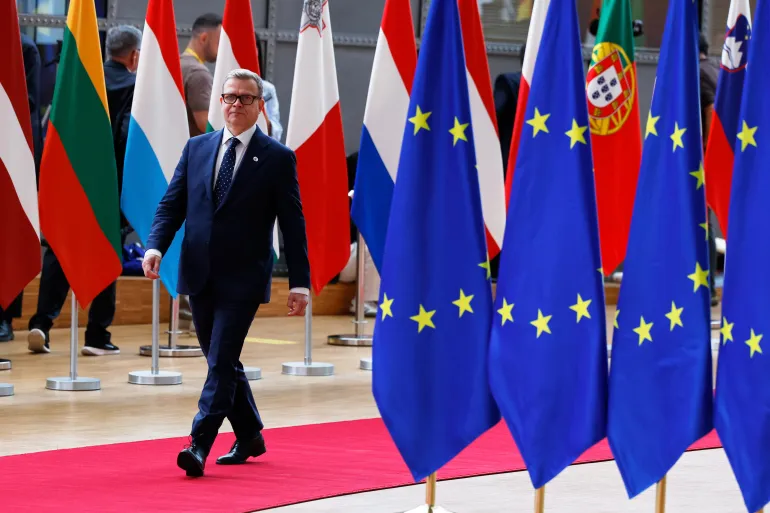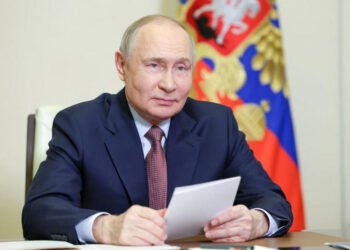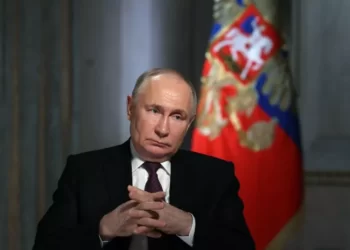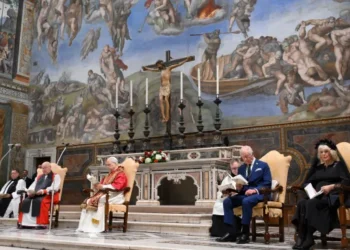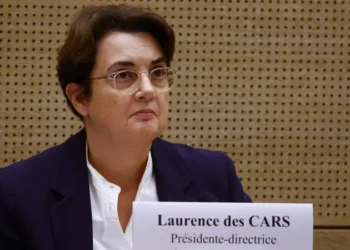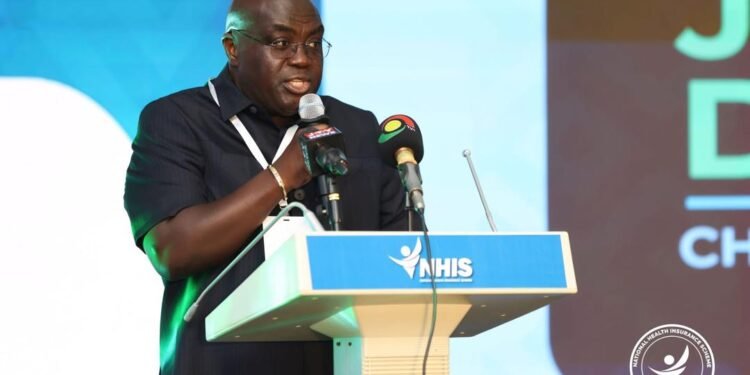Heads of the European Union’s member nations have gathered in Brussels to discuss topics that span tougher sanctions on Russia, ways to prevent United States tariffs, and how to make their voices heard in the Middle East conflicts.
Most of the leaders arrived at the event froma brief but intense NATO summit, where they pledged a big boost in defence spending.
Russia’s war in Ukraine remains of paramount concern for the EU.
As such, one of the key issues at this summit is whether the leaders will be able to agree on the 18th package of sanctions against Russia to maintain a price cap on Russian oil.
Ukrainian President, Volodymyr Zelenskyy will join the EU summit by videoconference.

Defence and security are also on the agenda. Meanwhile, US President, Donald Trump’s threatened tariffs are weighing on the EU, which negotiates trade deals on behalf of all 27 member countries.
European leaders are also concerned about fallout from the wars in the Middle East, and the EU is pushing to revive diplomatic negotiations with Iran over its nuclear program.
EU members have internal disagreements to overcome. They are divided over what to do about European policy towards Israel because of its conduct in its war on Gaza.
Meanwhile, left-leaning parties are attacking European Commissioner Ursula von Der Leyen’s pivot away from the EU’s climate leadership in favour of military investment.
The summit will end with a statement of conclusions that will set the agenda for the bloc for the next four months, and can be seen as a bellwether for political sentiment in Europe on key regional and global issues.
Hungary, Slovakia Opposed To 18th Package Of Sanctions Against Russia
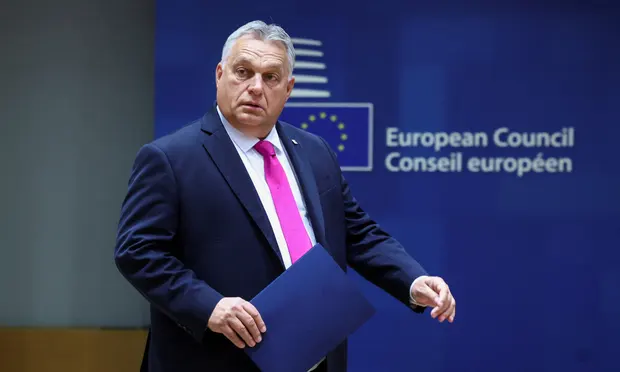
Hungary has been a vocal critic of the proposal, threateningto block it. Slovakia is also partially against the new package.
Hungary’s Viktor Orbánsignalled earlier that he received some offers from the EU on potential areas for compromise, but, in contrast, Slovakia’s position appeared to have hardened in the last few days.
On Monday, the country’s Foreign Minister, Juraj Blanár suggested that Slovakia was ready to support the package as it doesn’t directly affect its interests.
However, talking to reporters, Prime Minister, Robert Fico said that he would ask for the package to be delayed, and could even veto it completely.

Slovak mediaalso reports that Fico is frustrated with the EU’s separate proposal on energy imports from Russia, including on nuclear fuel, and want to use the threat of blocking the sanctions to get concessions there.
Nonetheless, Latvian Prime Minister, Evika Siliņa said that while she isn’t sure if the 18th sanctions package can be agreed at the meeting, Latvia remains “very committed” to further measures against Russia and Belarus.
She added that it is very important to keep Russia out of financial resources that fund the continuing war on Ukraine.
She stressed that she sees no movement from Russia that would indicate its willingness to end the conflict as it continues to bomb Ukraine.
“We call for a ceasefire, but if not ceasefire is reached, they need to go further with next sanctions package against Russia.”
Evika Siliņa
Also, Finnish Prime Minister, Petteri Orpo expressed hope that the leaders will reach an agreement on the new sanctions package to put pressure on Putin in a bid to end the invasion on Ukraine.
He stressed the need to pass the package and said that he hopes that the two countries signalling their dissent – Hungary and Slovakia – will eventually back it too.
Additionally, Dutch Prime Minister, Dick Schoof backed the “strong” package and said that he is “hopeful”that it will be passed during the meeting.
READ ALSO:MTN Ghana Wobbles Despite Leading Trade Volumes with GHS233M in Just 3 Months!

